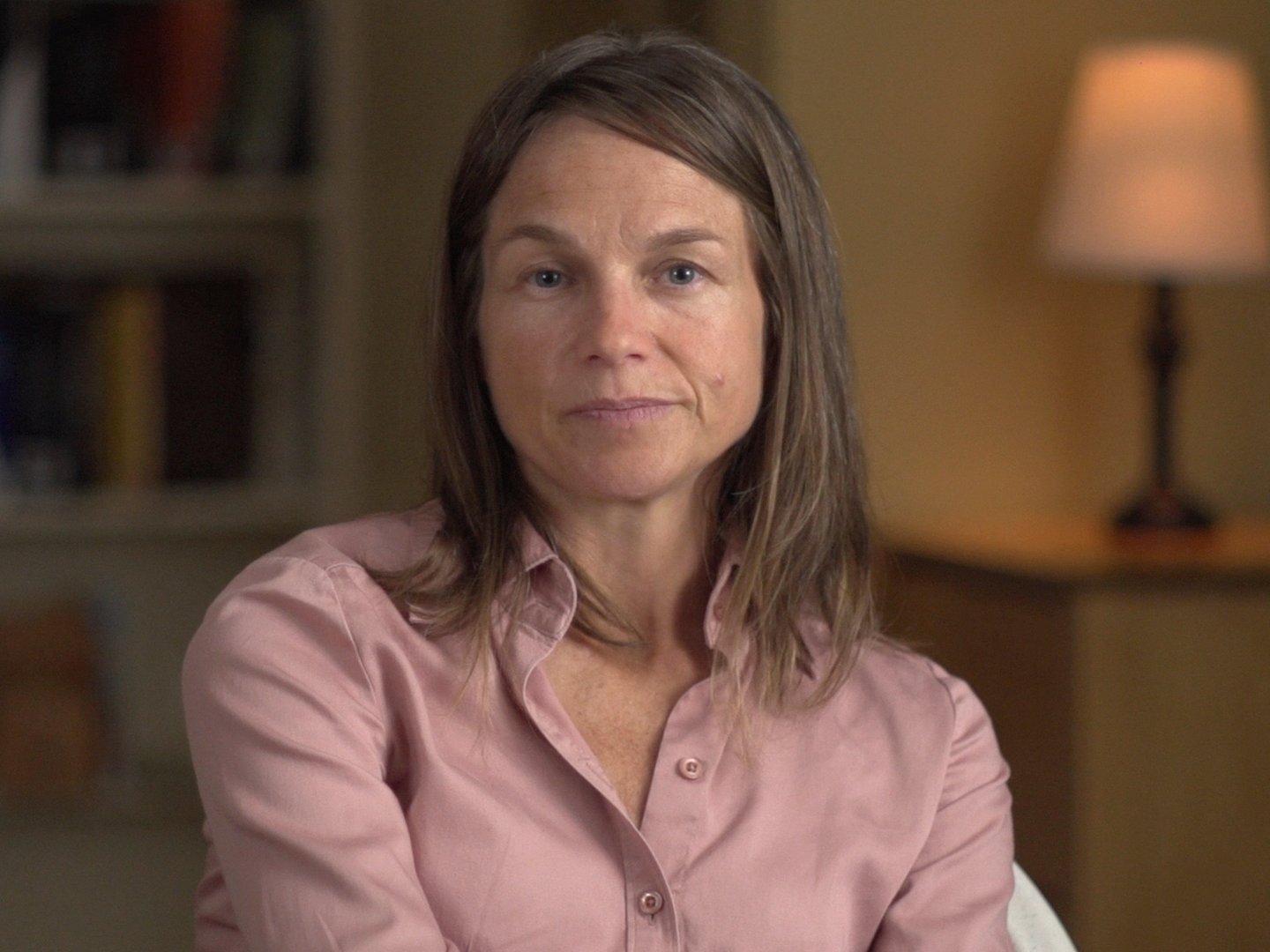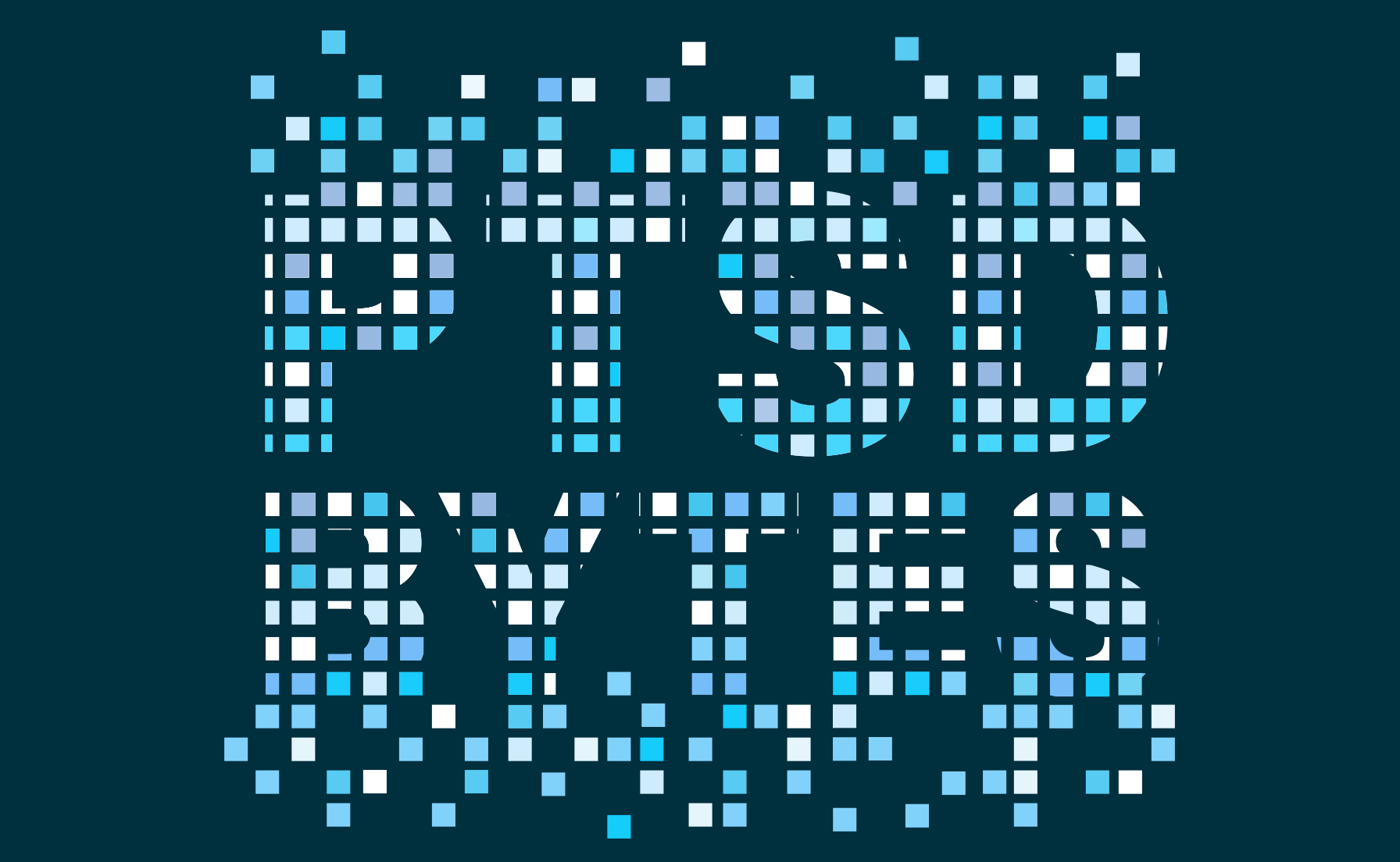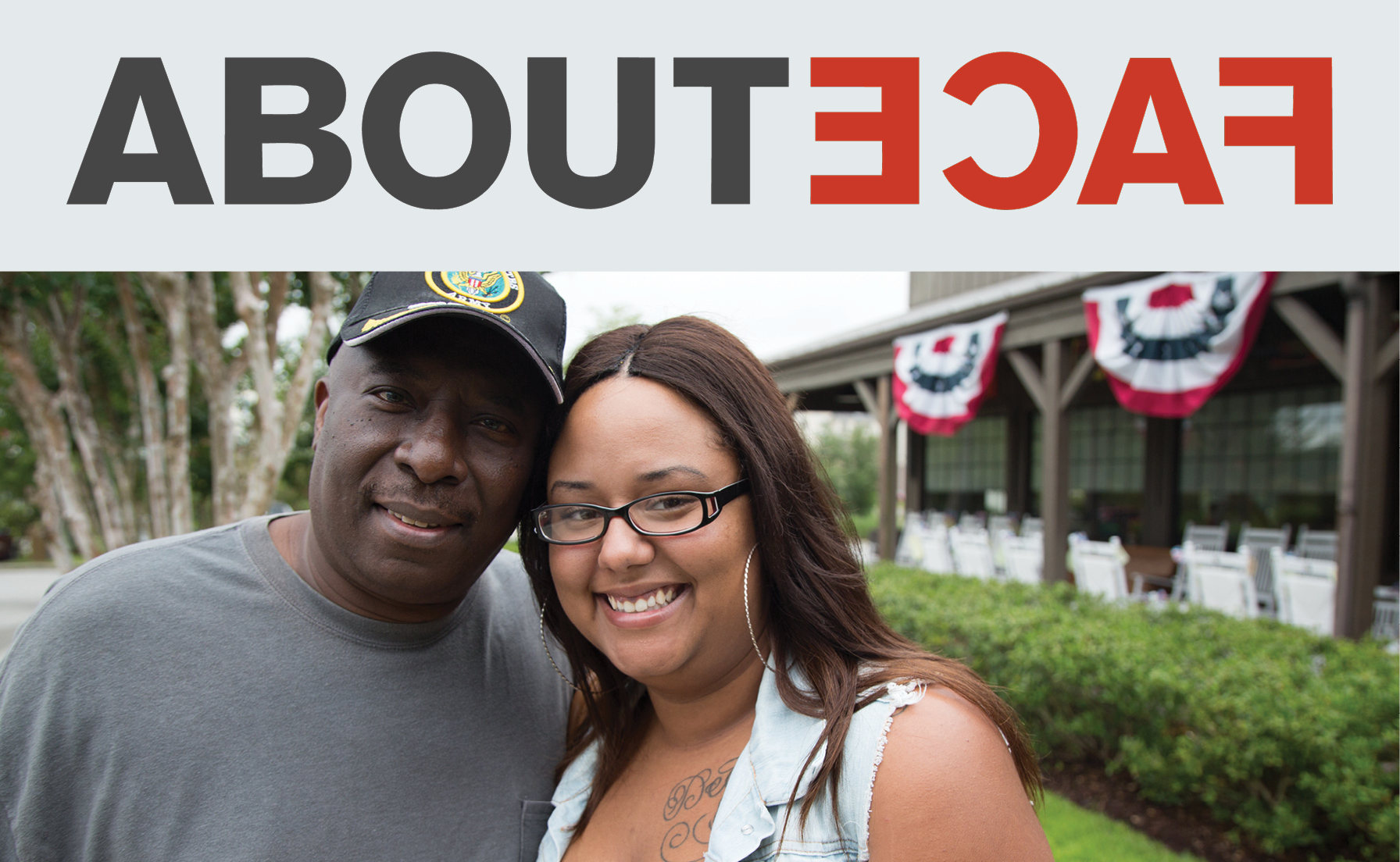Attention A T users. To access the menus on this page please perform the following steps.
1. Please switch auto forms mode to off.
2. Hit enter to expand a main menu option (Health, Benefits, etc).
3. To enter and activate the submenu links, hit the down arrow.
You will now be able to tab or arrow up or down through the submenu options to access/activate the submenu links.
Locator
Contact
Search
More PTSD Topics
“PTSD happens when symptoms we all experience following a trauma just don't go away.”
Dr. Carolyn Allard
Clinical Psychologist

More PTSD Topics
Available en Español
There are common symptoms of PTSD. At the same time, living with PTSD is different for everyone. Learn more about the PTSD diagnosis, like how reminders of the trauma may affect you and how symptoms may be different as we age.
- Avoidance
Avoidance is a common reaction to trauma. It is natural to want to avoid thinking about or feeling emotions about a stressful event. But when avoidance is extreme, or when it's the main way you cope, it can interfere with your emotional recovery and healing. - Complex PTSD
You may have also heard of "complex trauma" or "complex PTSD" and wondered what this is. This article explains what complex PTSD (CPTSD) is, how it's related to PTSD, and what it might mean for treatment. - Trauma Reminders: Anniversaries
The date of a traumatic event from your past may bring up feelings or distress, even years later. These "anniversary reactions" could make you upset or create more intense symptoms. Learn about common types of anniversary reactions and how you can cope. - Trauma Reminders: Fireworks
Fireworks can be a trauma reminder for those who served in combat or went through a fire, explosion or gun violence. Learn tips to manage distress or host an event that is sensitive to those who are affected by fireworks. - Trauma Reminders: Triggers
People respond to traumatic events in a number of ways, such as feelings of concern, anger, fear, or helplessness. Research shows that people who have been through trauma, loss, or hardship in the past may be even more likely than others to be affected by new, potentially traumatic events. - Older Adults and PTSD
Those ages 65 and above may experience PTSD symptoms differently. The good news is that PTSD treatment works at any age. Learn more about PTSD may be different for older adults, including older Veterans. - PTSD in Children and Teens
Trauma affects school-aged children and teenagers differently than adults. If diagnosed with PTSD, the symptoms in children and teens can also look different. For many children, PTSD symptoms go away on their own after a few months. Yet some children show symptoms for years if they do not get treatment. There are many treatment options available including talk and play therapy. - History of PTSD in Veterans: Civil War to DSM-5
PTSD became a diagnosis with influence from a number of social movements, such as Veteran, feminist, and Holocaust survivor advocacy groups. Research about Veterans returning from combat was a critical piece to the creation of the diagnosis. So, the history of what is now known as PTSD often references combat history.
You May Also Be Interested In


























